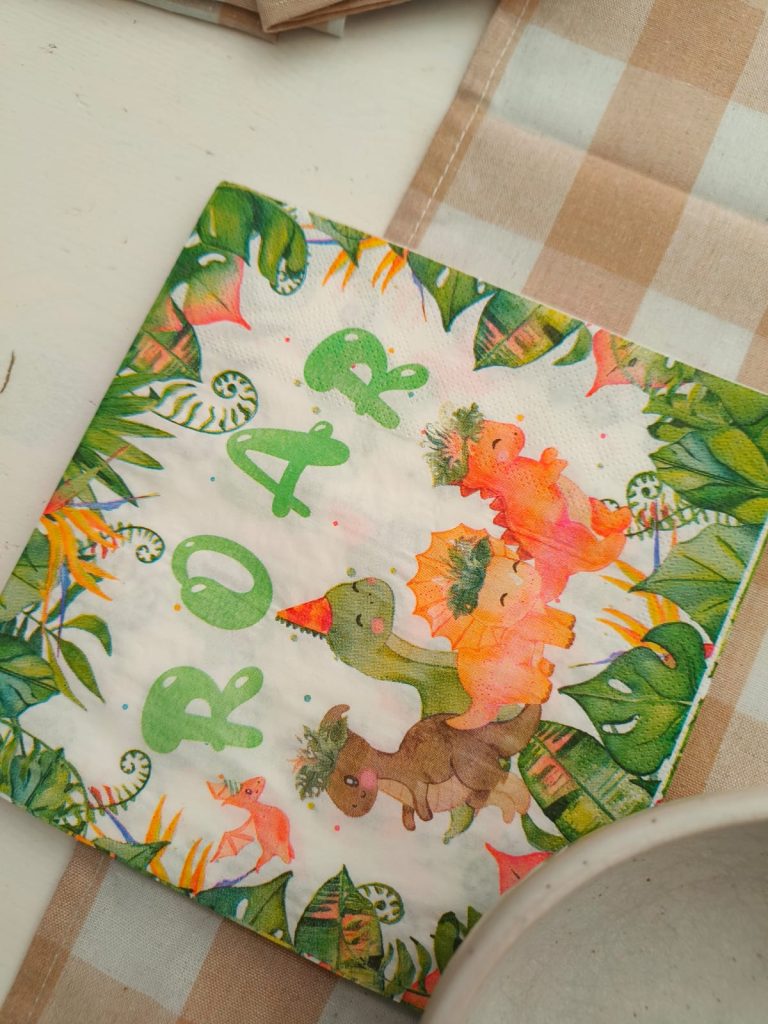
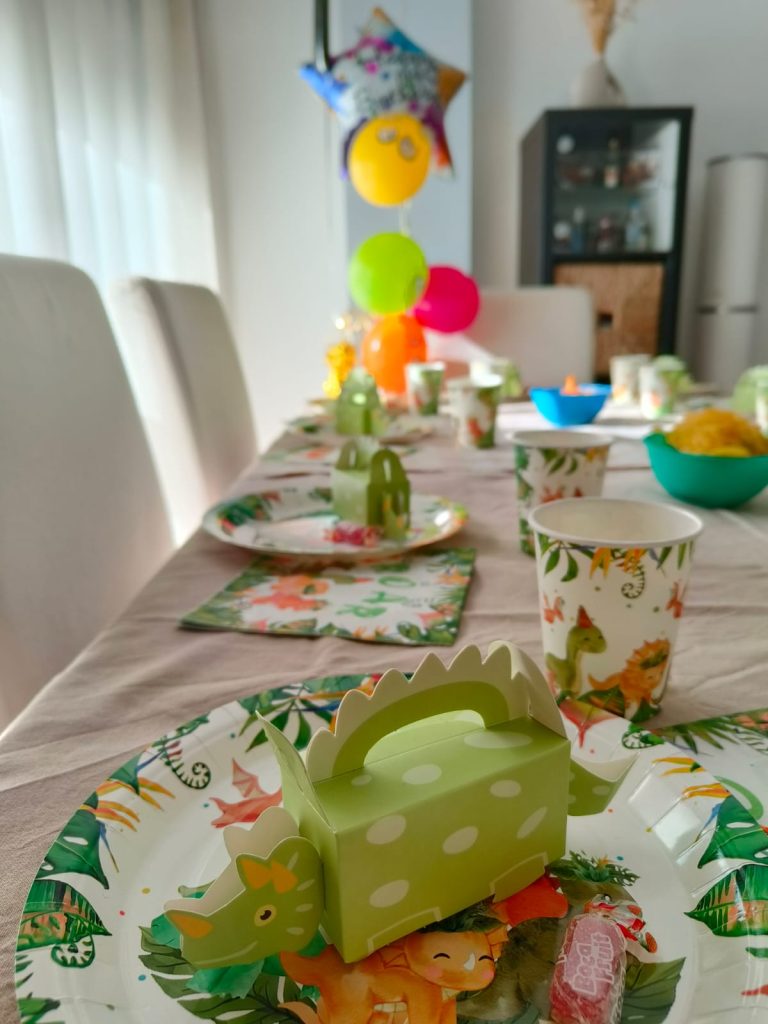
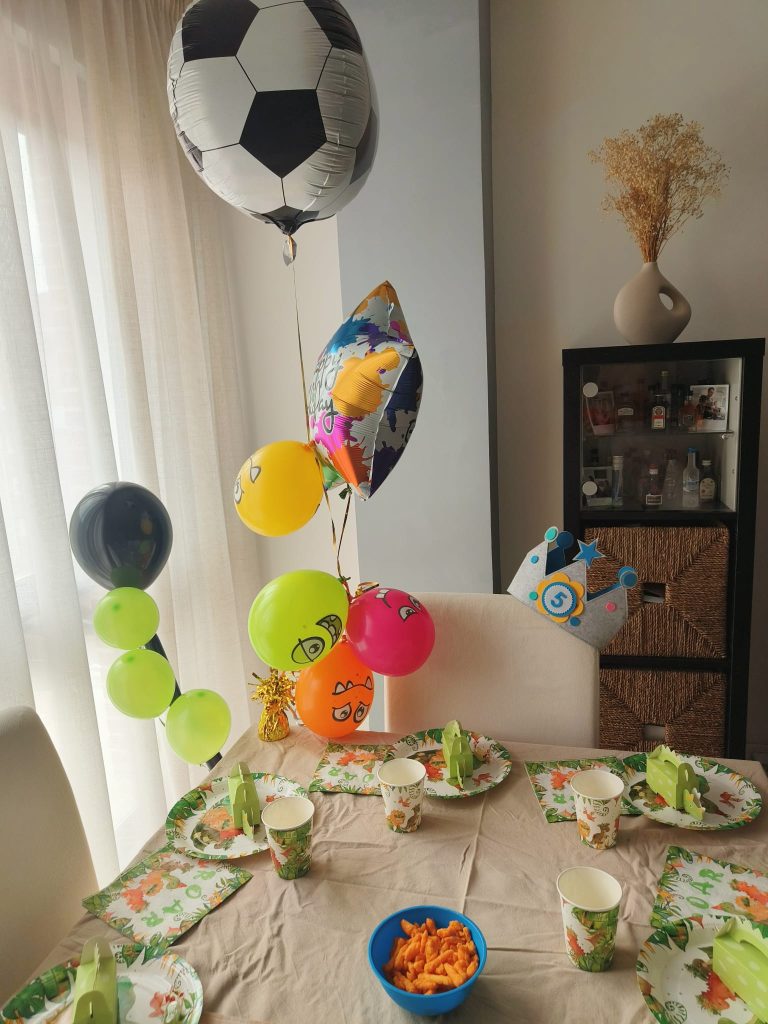
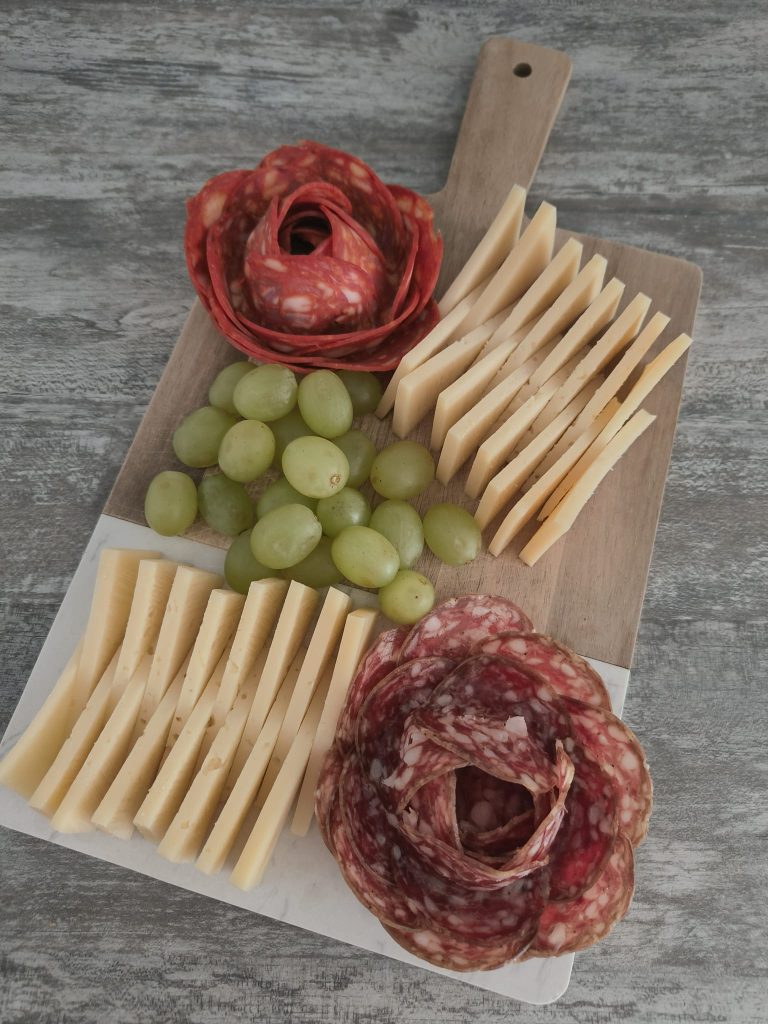
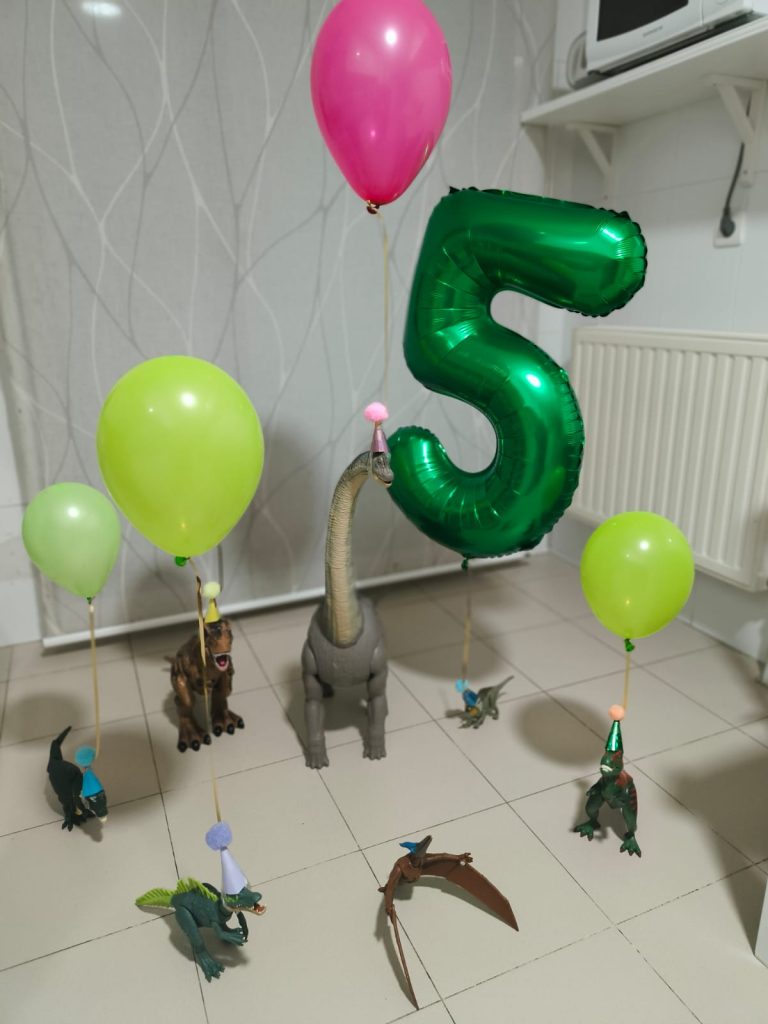

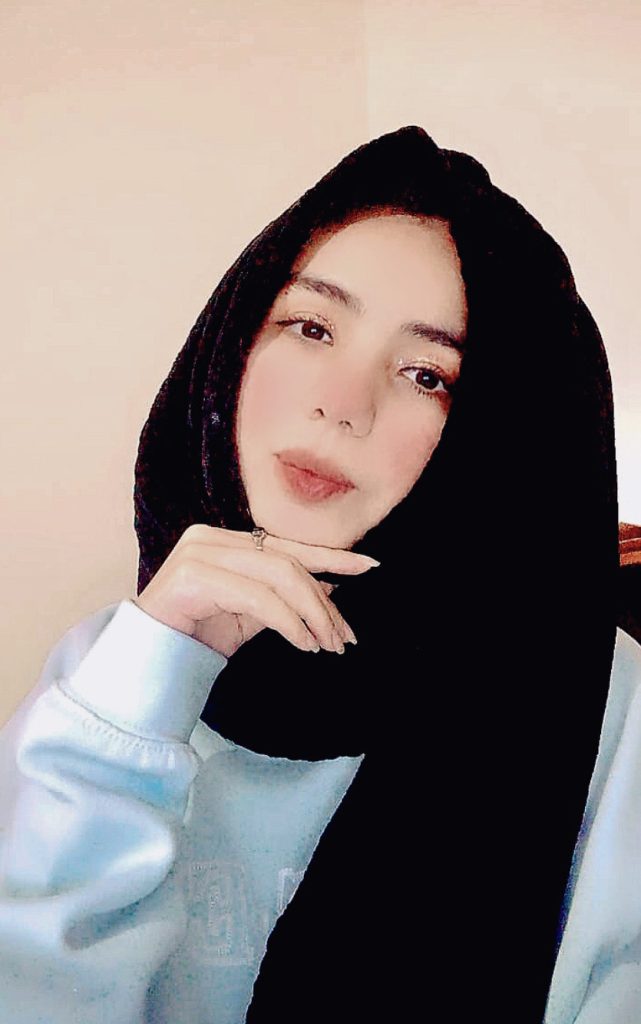
Essence of Love
Thee, heavenly eyes,
Astonishingly invites,
the butterflies to flight
and invades the engaging delight
Yet, When my heart strikes
Sensuously Thee, impression excites
Again, our memories reunite
And echoes the enjoyable night
Thee, the dazzling sensations!
Multiples the frenzy attractions
O’ Silk and soft redemptions
Unlash and splash the attention
Ah! Transparency reveals
When thee, heavenly heal
And yes, our generosity ever deals
As thee, enthrallingly appeal
Yes! The Love senses!
Thee, mysterious smile, unveil the mate
The essence of loveliness encapsulates
And altogether the imprints activate
Ah! Every instant trace my sight
Yet then, I am delicately alight
Cuddle with a pigeon often at night
Oh! make me live a thousand might
Thee, Beautifies the beauty
And slightly mesmerize the duty
Joy and jumble in a fragrance of fumes
Cup and cure the color of resumes
Smiles
Yes! Essence of emotions
Whispers every single night
Like an exciting notion in flight.
A Floral Fragrance
You are a Fragrance embedded in my mind
You are a Fragrance of an exceptional kind
Fragrance of beautiful red roses
Fragrance of cherry blossoms in poses
Intensifying to the heaven
Fragrance extended and embedded at eleven
That is always fresh, pleasant,
and cherished the fumes of his scent
Yet, a sensation, an affection
And musical memories of discussion
Still imprinted and implanted
Glint and softly granted
You are a Fragrance fused with zenith and Zeit
Wrap with loveliness and yet too quiet
Polishing an underdone art
Bringing a light to the sensitive sight
Pleasure, pain, struggle, and delight
O’ The lesson of all kinds
Just like the embedded fragrance forever in my mind
Invisibly color the uncolored
And fade away the veiling blurred
Sparkling eyes having visions inside
Innocence offers ravishing rides
O’ The fragrance of generosity and humble
Regards, Respect, and dignified dale make it a bubble
A feeling of expressing is now double
Fragrance of all styles
Fragrance that touches the unheard miles
Grooming the dimness into eager lights
O’ the Dazzlingly fragranced like a hearth
Dispersal at the end of your breath.
Tajalla Qureshi, a radiant literary gem from Pakistan, stands as a beacon of creative brilliance. A wordsmith par excellence, she masterfully blends introspection, devotion, and creativity into compelling narratives that transport readers to enchanting dimensions. Her art lies in weaving words into wonders.
Additionally, a true polymath in the literary world, Tajalla’s portfolio spans poetry, creative columns, essays, and flash fiction. Each piece is a testament to her unyielding passion and finesse, intricately designed to evoke profound emotions, spark vivid imagination, and inspire the human spirit.
On the flip, celebrated as an international interviewer, columnist, and editor, Tajalla’s voice resonates far and wide, captivating audiences around the globe. Her unique perspective, lyrical style, and profound insights have cemented her place as a leading figure in contemporary literature. Furthermore, her work exemplifies the transformative power of words. With every sentence, she crafts an intricate tapestry of emotions, ideas, and lived experiences, inviting readers to embark on a journey of introspection, growth, and boundless wonder.
I. Dark Prologue
Walking through the hillside,
with a hiking bag slung over my shoulder
and a pair of dusty shoes, I feel the cold
seep into my bones, making me shiver.
The dim night, the howling wind. I drag my heavy feet,
continuing along the mountain’s flank.
My consciousness gradually fades,
blurring the boundary between reality and illusion.
II. Debris Narrative Piece
Perhaps I have returned to a reality
long buried in my memories.
My classmates turned my back into an ant’s paradise.
When their pranks crossed a certain point,
it felt as if an engine roared in my mind.
Powerless and angry, only cold and flame remained.
Mocking laughter was like the stench of rotting corpses.
Vultures might love it, but I detest it. Perhaps,
the vultures are the classmates themselves. Perhaps
they find joy in teasing one another. Perhaps,
the classmates: one, two, three, more.
Vultures: one, two, three, more.
The Sacred Mountain reappears before my eyes.
III. Rebel Sonata
Shadows flicker; the road is rugged;
the heavy snow strikes my face,
stretching endlessly before me.
I dream, I pray, hoping there aren’t
so many vultures attacking.
I dream, I pray to become a black-clad warrior,
to withstand all forms of malice.
I dream, I pray to reach the mountaintop
and find a tranquil realm—a place without
discrimination, war, or divisions.
Bellies, teeth, and fur. The vultures’ bodies
come into focus before me.
Their long claws shoot flames,
swift as lightning, like Wolverine’s in the movie,
longer than the epic of the Mahabharata.
The earth splits, and the shrubwood is destroyed.
Flames stab across my down coat,
almost scorching my hiking bag with violent burns.
The flames, like serpentine trails, dart everywhere,
burning everything. Their wings whirl,
bringing a huge chill wind,
akin to this arctic climate.
Fear is a tangible reality,
yet the shadow of fear within me
is more terrible than fear itself.
The vultures are the enemies;
fear is instant, always present in life.
They attack, they revel, they laugh madly.
I struggle madly to resist.
IV. Freedom Rhapsody
Unsolved math problems sway like classmates’ proud heads,
always presenting puzzles instead of solutions.
Their voices echoed in the classroom,
turning into atonal music,
reminiscent of Igor Stravinsky.
With blades drawn in my imagination,
I cut away my incompetent self.
Whatever the cost, I hope to achieve one thing.
I aspire, I pray, I cannot fall on this treacherous journey.
I aspire, I pray, to keep marching forward.
My flashlight not only illuminates the path ahead,
it also becomes a sword, slaying my weaknesses
on the frigid trail to the Sacred Mountain.
V. Solo Piece
When they prepared their mischief once more,
I rose, statuesque, with a voice like rolling thunder,
and said, “No.” My voice was loud: once, twice, thrice.
It drove away the vultures before they could plunge me
off the cliff. Yes, I can.
“I believe I can say no to the malice in life.
I can become my black-clad warrior,
driving away bothersome vultures
and all manner of monsters.
I try, try,
again, like Sisyphus confronting his boulder.”
Red Blood
Blood rain is dripping
from the battlefield in the Far East now.
Every second. Every ruin.
Every window. Every child.
The blood moon makes someone shiver
with a special prophecy.
Women varnish a bloody red with painted nails.
An American friend has a bloody floor.
He was scratched by a bloody-haired cat,
his arm bleeding red over the screen
of his phone, smeared with blood last week.
The sunset, “暮” in Chinese words,
turns at dusk into a giant, red blood egg.
The yolk spills into the mushroom soup,
becoming a red-blood delicacy
with a juicy, rare, blood-spattered steak.
A medical-themed drink— Blood Energy Potion,
popular in 2014. Back in 1957, A painting—
“Black in Deep Red” an abstract collision from.
Yukio Mishima’s self-martyrdom
was an avant-garde show.
A display of red, an art of blood.
The uncanny cup my teacher,
bought yesterday, seeping blood.
The Bombax ceiba blooms with a vital red.
The sudden snow last year in Portland
dropped red on my blood-covered poetry,
a memory of a deceased friend.
The friend’s name is pronounced like blood.
He was soaked in a bloody past.
A bleeding rose now grows before my eyes.
The red won’t let me forget.
It will flow into him at the grave,
whispering longing to him.
But Life Goes On
No one can touch my heart
It is as cold as the Arctic Frost
Friendship in the tech age
is Higanbana of flowers
Unreachable –
Unattainable –
My desire is lost
I stand on the Tower Bridge
amidst the dense fog
Faded memories drift through
not this foggy day
The vivid past has faded, somehow
And the party on the lawn
the dance during the party
the laughter of peals
echoed from yesterday
That’s yours, theirs and
is a blurred world
Where everyone is near
As I reach out the misty rain
like pine needles
it pierces my skin into London’s fogs
I can touch the raindrops
not grasp the joyous past
nor the distant future
within the fleeting mist
I want to ask
Will Men be one?
Will wars be none?
Will all races come together
And exist as one?
As the fog lifts
I am still here
Nothingness is silent,
yet contains all sounds,
empty, yet empty of nothing.
Nothingness is water—
water without shape.
Pour it into an indigo cup,
and the water takes the shape of the cup—
that is emptiness,
like someone truly seeing reality.
But nothingness is something
that reaches emptily toward itself.
Yucheng Tao, from China, is studying songwriting at the MI College of Contemporary Music in Los Angeles. His poetry has appeared in multiple literary venues, including three Wingless Dreamer’s Open Theme contest selections. NonBinary Review later reprinted his poem” Blue Horse” alongside an author interview. Synchronized Chaos featured three of his poems, while his work also appeared in Ink Nest, The Arcanist, Moonstone Art Center, Poetry Potion, and Literary Yard, Spillwords.
An Ecstasy
Whether beloved
Buddha or saint
Your breath quickens
Lips part pulse
Races your lids grow
Heavy so heavy
You aren’t bothered by
Your hair a bit disheveled
(I wonder if Saint
Teresa’s toes curled)
We cannot help ourselves
We ache for bliss
Mystical or corporal
Seek out an ecstasy
Seek to lose
Ourselves in the vast
Expanse of another
For a moment euphoria
Unburdening our identity
Setting aside agenda
Ownership power
The shame of suffering
Unleashing devotion in
Willingly relinquishing
Our bodies our souls.
How It Is
Here’s how it is
As I understand it
(Have I got this right?)
We go about our business
Scurrying about the planet
Clumsily clamoring for a spot
Spinning round the sun
Occasionally looking up
All crowded into a precious
Little space worshipping
Pondering upon the stars
And of course God who
Resides beyond those stars:
A lanky decrepit white man
Dementia setting in
At the very least quaintly
Absent-minded though still
Omnipotent and omniscient
Who merely surveils
Suffering from afar
Lazy old voyeur
And once in a great while
Sends someone special
When we get a bit untidy
On the seasonal precipice
Of self-destruction when
We slaughter one another
Over slight differences
In interpreting God’s
Incompetence God’s love
Another Silence
For those sages
Lao or Chuang Tzu
(Maybe even Siddhartha)
Silence came naturally
Nirvana turned slowly
Silence now requires
The unattainable –
Far too much patience
To be at all effective
To have any impact
Upon our lives
Our intricate elaborately
Constructed karma
The well-intentioned
Vows of silence
Of monks and nuns
In serene monasteries
Seem quaint but futile
Solutions to the clamor
Of a peevish throng
And I am thinking
Anymore silence
Is rather irresponsible
A reckless wu-wei
An obsequious inaction
All spins too swiftly
Suffering too pervasive
Comes hard and fast
Though priceless
We’ve run out of time
For mute circumspection
To adequately flourish
David Sapp, writer and artist, lives along the southern shore of Lake Erie in North America. A Pushcart nominee, he was awarded Ohio Arts Council Individual Excellence Grants for poetry and the visual arts. His poetry and prose appear widely in the United States, Canada, and the United Kingdom. His publications include articles in the Journal of Creative Behavior, chapbooks Close to Home and Two Buddha, a novel Flying Over Erie, and a book of poems and drawings titled Drawing Nirvana.
Night Passage
Driving all night
nobody out on the road
listening to my truck radio
old songs singing along
remembering the old days
all my friends passed away
party times and praying for others
when it was okay
to speak your mind
heart loving
wife and kids
smoking my cigar
blowing the smoke out
exhilarated
in the freedom of America.

Synchronized Chaos Magazine expresses our sorrow for the lives and property lost in the Los Angeles wildfires. We invite people to visit here to learn about how to send cards of encouragement to fire crews and to donate books to replace school library collections that have burned.
In March we will have a presence at the Association of Writing Programs conference in L.A. which will include an offsite reading at Chevalier’s Books on Friday, March 28th at 6pm. All are welcome to attend!
Contributor Eva Petropoulou Lianou shares the Caesurae Collective Society’s call for submissions of poetry about consciousness.
The anthology seeks to weave a fabric of poetic expressions that resonate with the theme of consciousness—exploring the mind, the self, and the infinite cosmos—weaving together poetic voices that reflect on what it means to be aware, alive, and interconnected. Submissions due February 10th, 2025, information here.
Also, World Wide Writer Web invites submissions of short stories for their annual contest. Information here.
Finally, contributor Chimezie Ihekuna seeks a publisher for his children’s story collection Family Time. Family Time! Is a series that is aimed at educating, entertaining and inspiring children between the ages of two and seven years of age. It is intended to engage parents, teachers and children with stories that bring a healthy learning relationship among them.

This issue explores how we see and interpret our world through pieces that draw our attention to various focal points and take a closeup or wider angle view.
Some people zoom in on a particular place or image, using that as a meditation to begin deeper thoughts.
Sayani Mukherjee evokes an island’s lost grandeur through describing historical ruins while acknowledging the destination’s current reality. Student group 2123, from Uzbekistan, contributes a group reflection on their trip to Samarkand.
Dario creates a musical combination inspired by the complex culture of New Orleans. Kylian Cubilla Gomez’ photography focuses in on bits of play and whimsy in toys and in daily life.
Precious Moses draws on the West African iroko tree as a symbol of maturity and strength in hard times. Rahmat A. Muhammad expresses hope through the birth of a young sister in a world touched by darkness and pain.
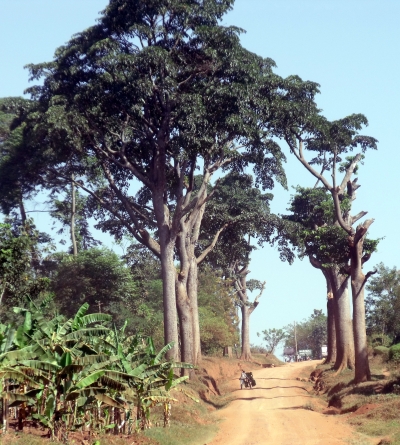
Mashhura Usmonova expresses gratitude for her teacher and for education, which has allowed her to write as a container for her emotions.
Dr. Jernail Singh offers thoughts on poetry: how he appreciates cohesion and meaning as well as pretty language. Noah Berlatsky gives a dramatic take on the excision needed for the creative process. Daniel De Culla offers up a satirical and humorous take on writing generated through artificial intelligence as Texas Fontanella blasts the firehose of words and letters in our general direction. Jerome Berglund and Shane Coppage’s collaborative haiku include humor and clever twists of phrase.
Jacques Fleury poetizes about how knowing vital history can protect you from being erased by others’ fear or hatred.
Maria Miraglia, as interviewed by Eva Petropoulou Lianou, speaks to the importance of literacy and education in world peacemaking efforts.
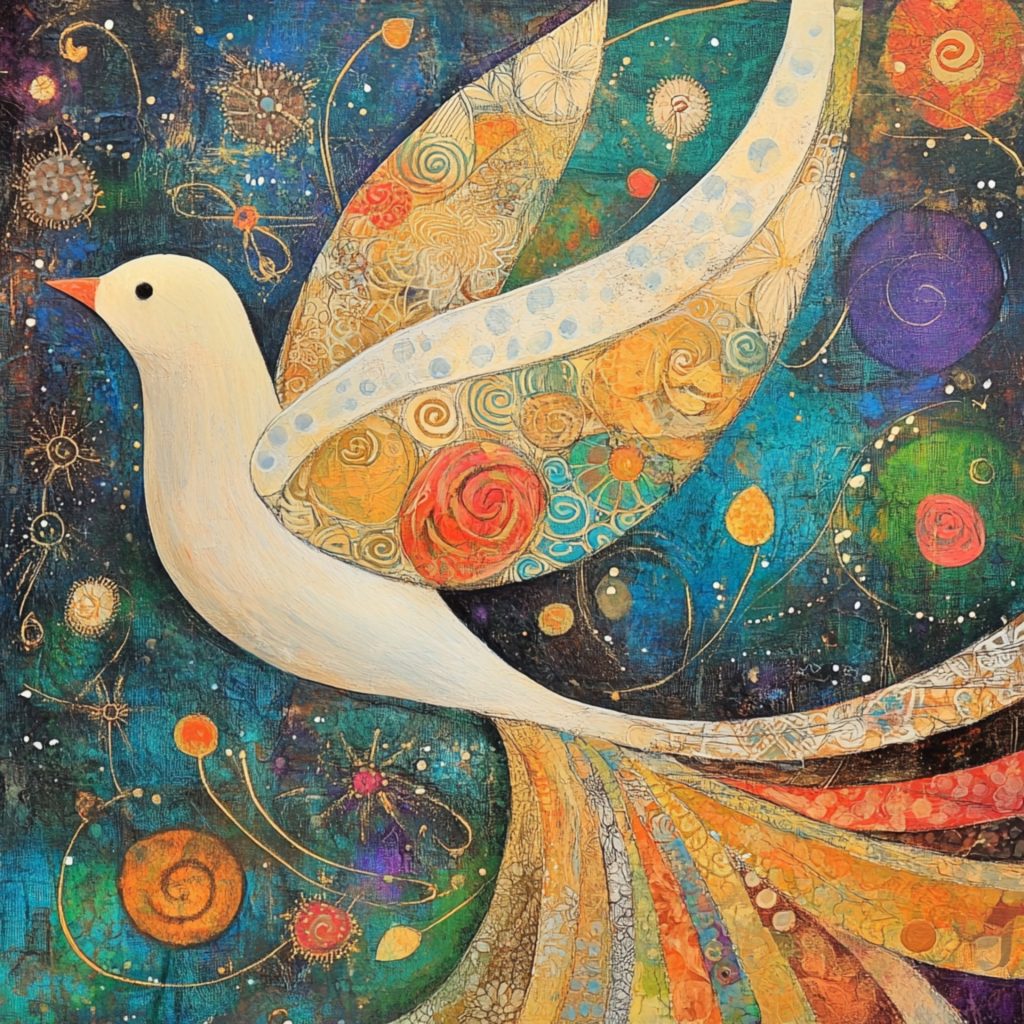
Ashok Kumar reviews a poem by Eva Lianou Petropoulou expressing her hopes for peace in the world. Eva Petropoulou Lianou reviews a poetic plea for peace by Yatti Sadeli. Victor Ogan offers up a call for tolerance and equality among people of different races and cultures.
Loki Nounou calls out a culture of sexism in which violating women’s rights and their bodies becomes normalized. Narzulloyeva Munisa Bakhromovna highlights the critical need to stamp out global corruption.
Mahbub Alam laments the killing in Gaza and hopes that everyone who dies makes it into a better place. Graciela Noemi Villaverde also mourns the destruction in Gaza, personifying the land and culture into a living being to highlight its pain and beauty. Lidia Popa speaks directly to the heart and conscience of the world in her call for peace in Gaza. Maja Milojkovic revels in the beauty of peace, for Gaza and everywhere. Wazed Abdullah honors the quiet and dignified resilience of Gazans as Don Bormon affirms that the place will recover and heal.
Laurette Tanner charts and maps her journeys, hoping this wisdom will carry over into developing ways to lessen the suffering of the homeless.
Shoxijahon Urunov inspires us to protect the tenderness of our hearts. Nilufar Anvarova’s piece encourages us to follow our hearts and show kindness to each other. Eva Petropoulou Lianou expresses her human vulnerability and desire for understanding and healing. Mesfakus Salahin’s poem speaks to love but also to mystery: how complex we all are and whether we can truly know another.
Stephen Jarrell Williams crafts haiku vignettes on the search for bits of hope and connection in a large modern cityscape.
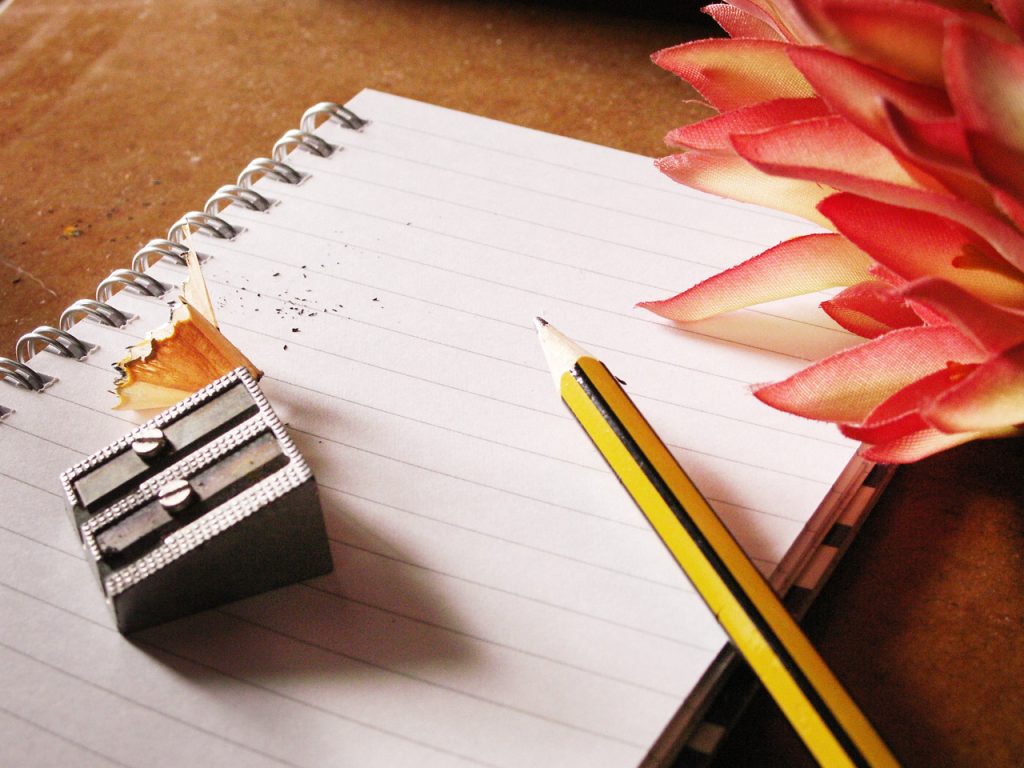
Mashhura Usmonova expresses gratitude for her teacher and for education, which has allowed her writing as a container for her emotions. Raxmonova Durdona offers up a tender tribute for a caring and deceased uncle.
Maria Teresa Liuzzo’s poetry illuminates deep feeling: passionate love and the inevitability of human suffering. Mykyta Ryzhykh digs deep for meaning in a world littered with death as Orzigul Sherova urges readers to make the best use of their limited time. Lilian Dipasupil Kunimasa also encourages making the most of life, holding onto faith and hope in a confusing world.
Scott C. Holstad explores themes of disillusionment, introspection, and the search for love and meaning in life. Tagrid Bou Merhi’s elegant words wander through a quest for identity and meaning in a seemingly empty world. In a semicomic short story, Bill Tope fears losing memory and mental capacity. J.J. Campbell writes of numbness, aging, and loss. He connects with others, but even these interactions are tinged with sadness, longing, and thoughts of mortality.
Audrija Paul tells the story of a heart broken when a person reads more into a relationship than is there. Taylor Dibbert describes a relationship that ended as impulsively as it began. Z.I. Mahmud explores generational family dysfunction in his essay on Henrik Ibsen’s Ghosts.
Chris Butler’s short poems probe themes of identity and love and our relationships to nature and technology.
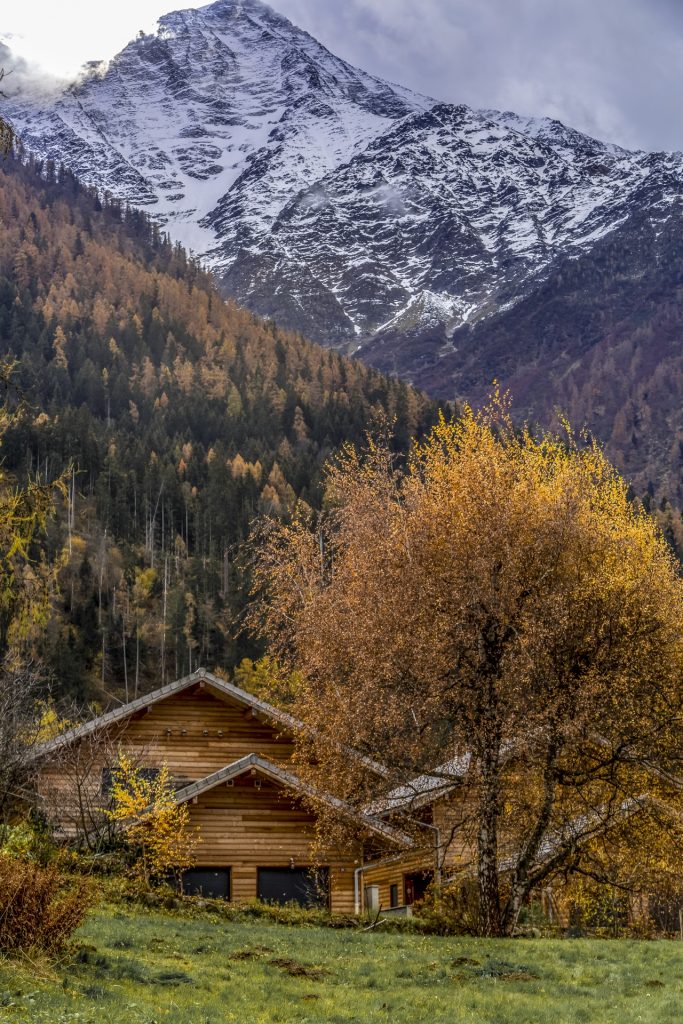
Alex S. Johnson proffers a mythic tale where a hero foils the unholy plots of power-hungry gods and wild natural forces.
Rustamova Muqaddas relates twists of fate on a hiking trip, the uneasy balance of humans and wild nature.
Joseph Ogbonna writes of the majestic richness of the Himalayas as Gadoyboyeva Gulsanam describes the power and transience of a rainstorm. Ilhomova Mohichehra conveys the joy of children playing outside on a snowy day. John Brantingham’s short story shows a couple re-evaluating how much they have in common while watching muskrats go about their business.
Mark Young’s surreal poetry touches on climate change, politics, nature, and job hunting, as Su Yun’s work explores time, nature, identity, and memory.
Duane Vorhees’ work addresses life, death, and the physical and sensual aspects of our existence with wit and humor. Marjona Jo’rayeva Baxtiyorovna offers blessings for weddings as Nate Mancuso’s tough and ironic gangster tale takes place in the world of calm seniors and pickleball. Alan Catlin presents sets of poems in three parts, each looking at aspects of aging, nature, and art.
Tom McDade braids vignettes and images from life together with artworks from different eras. Peter Cherches’ vignettes present character sketches of people on journeys, literal or emotional.
Reading this issue is a journey of its own, and we invite you to savor these contributions.